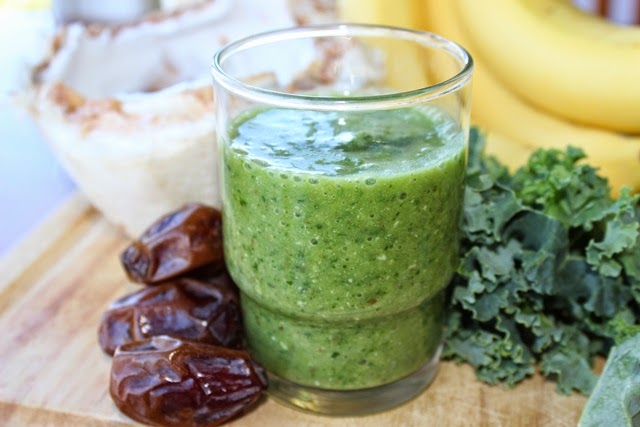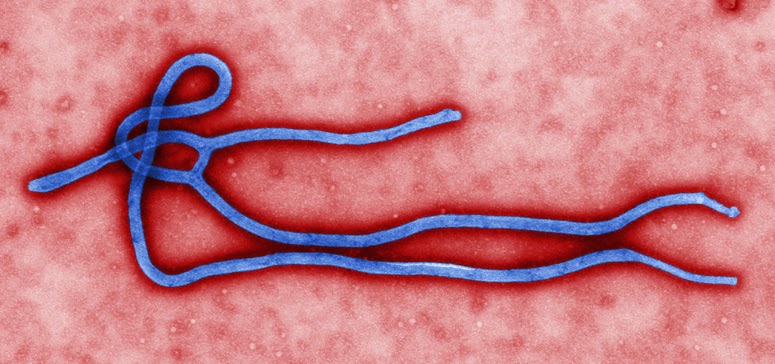Online Dating: How Long Do I Have To Do This?

Online dating - gosh, this has been going on for over ten years for me. And yes, I've dated a few men but not for long. Baggage, you say? Yes, baggage can be a part of it but more than that. What I'm finding out is a search for Old Mr. Right can't be a search for Old Mr. Perfect because there isn't such a thing and there never was such a thing. Not when I was younger, not ever. And, unfortunately, the older I get the more I wish for perfect or at the very least as close to perfect as possible. For example, a little weight is acceptable but twenty or more pounds are not good. Not good for the body, heart health or self-image. Thinning hair is eventually inevitable in a lot of men but letting it grow long (picture Donald Trump) to compensate for the lack of hair is not attractive. I know what you're thinking "oh, my, aren't we Miss Hoity Toity?" but what I'm talking about goes for women too. Most of us older people are retired and


.jpg)


